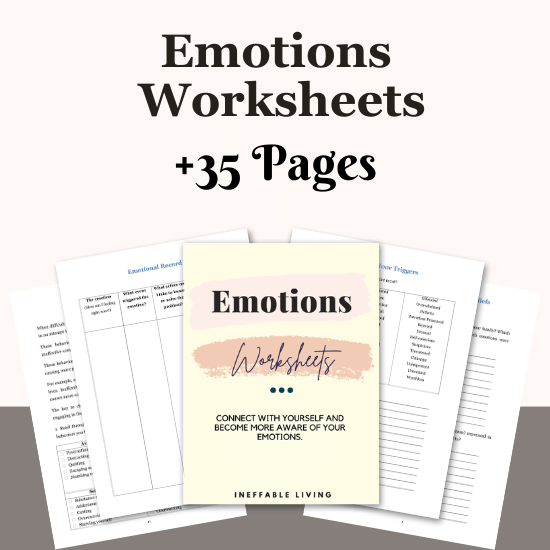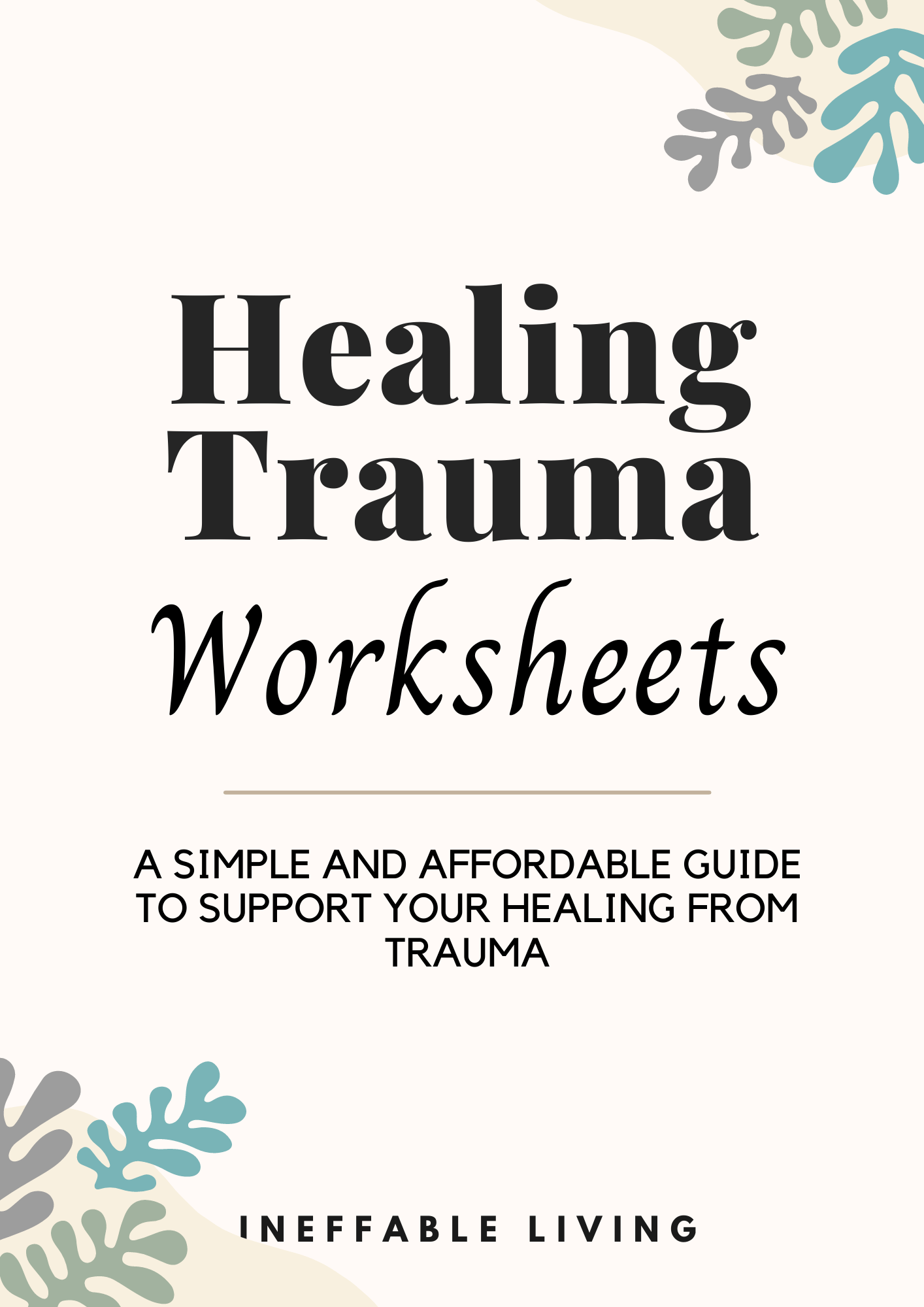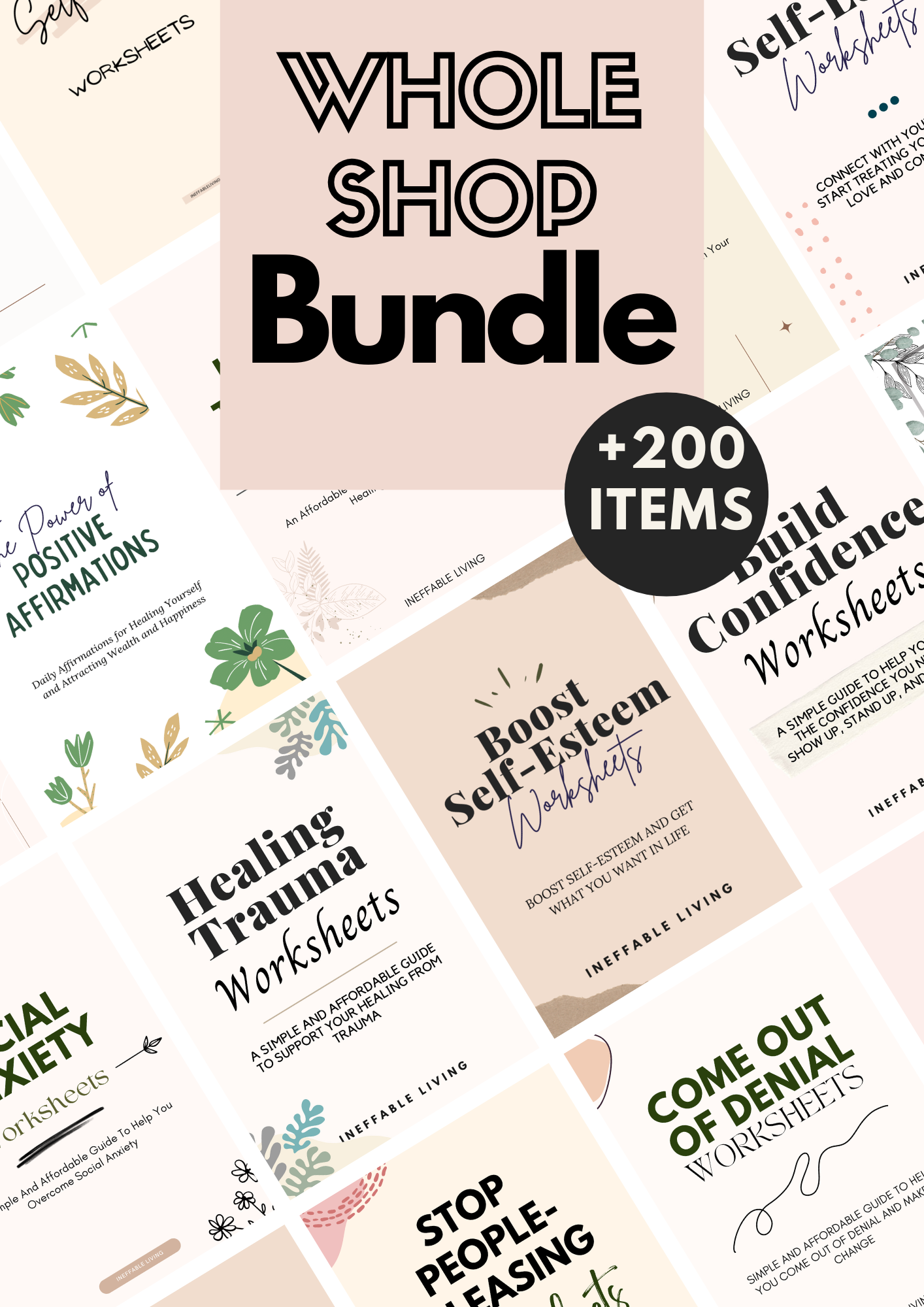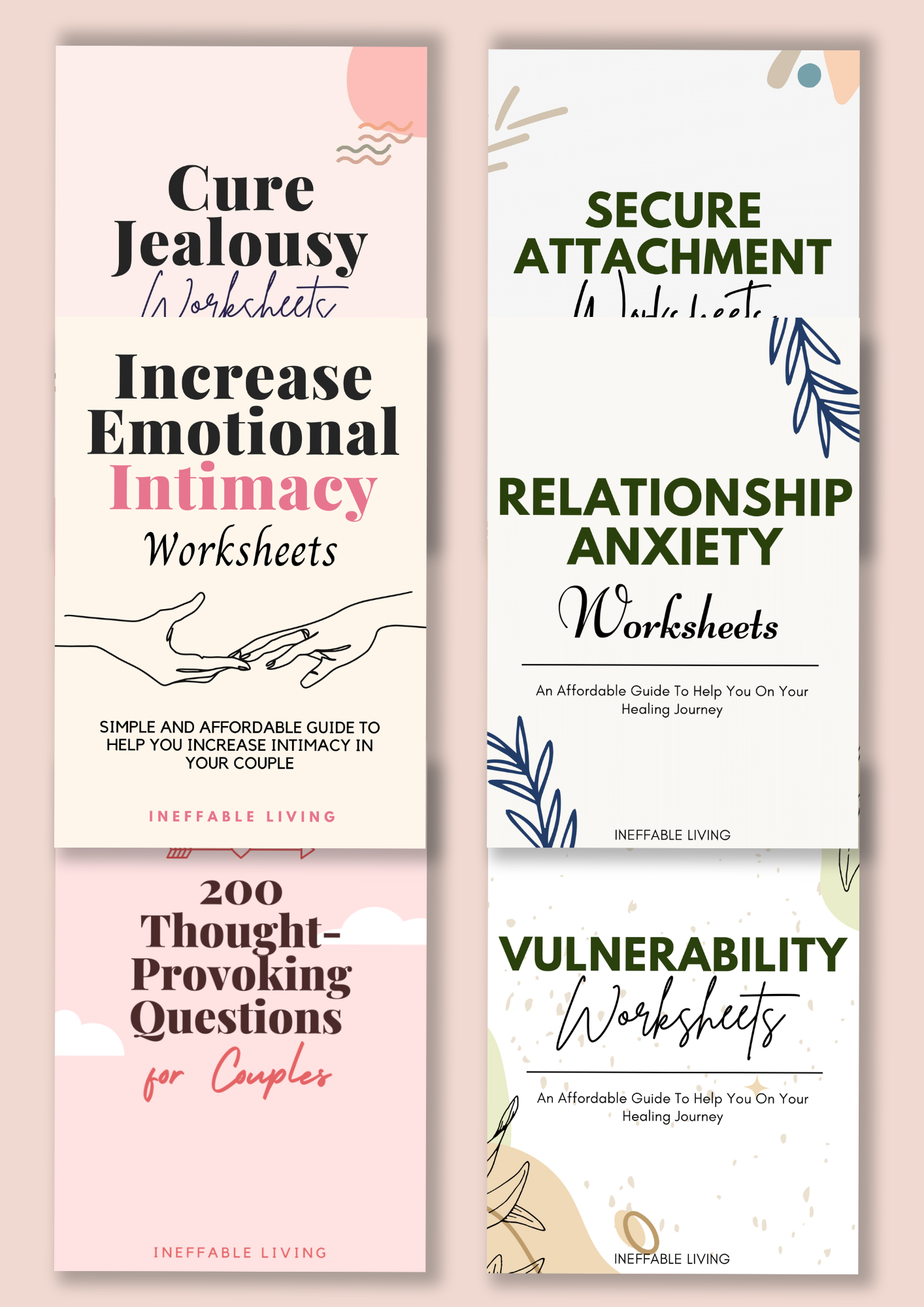1. Identify and describe the emotions you are currently experiencing. What specific feelings are present for you right now, and how would you characterize their intensity and impact on your well-being?
2. Reflect on the events or circumstances that have triggered your emotions. What external factors or internal thoughts have contributed to the emergence of these feelings, and how do you perceive their influence on your emotional state?
3. Consider the physical sensations accompanying your emotions. How do you experience these feelings in your body, and what bodily cues or reactions signal the presence of specific emotions for you?
4. Explore any patterns or recurring themes in your emotional experiences. Are there particular situations, relationships, or internal triggers that consistently evoke certain emotions, and what insights might this offer into your emotional landscape?
5. Reflect on your preferred methods for coping with and expressing emotions. How do you typically respond to intense or challenging feelings, and what coping strategies or outlets do you find most effective for processing emotions in healthy ways?
6. Consider the role of self-talk and internal dialogue in shaping your emotional experiences. What thoughts or beliefs do you associate with the emotions you're currently navigating, and how might reframing or challenging unhelpful narratives support your emotional well-being?
7. Reflect on your support network and their impact on your emotional journey. Who do you turn to for emotional support, and how do these individuals or communities contribute to your ability to navigate and understand your feelings?
8. Consider the influence of past experiences on your present emotional landscape. How have previous relationships, traumas, or formative experiences shaped your relationship with specific emotions, and in what ways do these historical influences continue to impact you?
Emotions Worksheets





